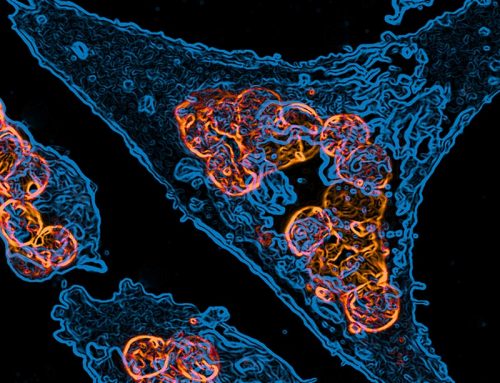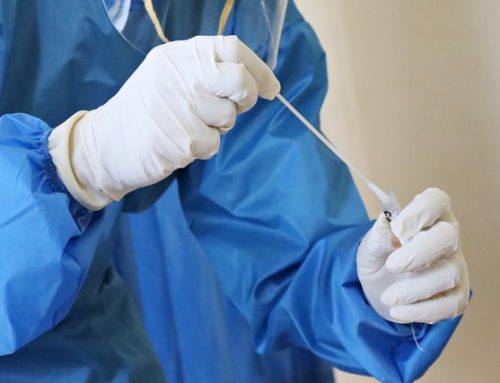A chewing gum laced with a plant-grown protein serves as a “trap” for the SARS-CoV-2 virus,
reducing viral load in saliva and potentially tamping down transmission, finds a new study.
The researchers exposed saliva samples from Covid-19 patients to the ACE2 gum and found
that levels of viral RNA fell so dramatically to be almost undetectable, indicates the study
published in the journal Molecular Therapy.
To test the chewing gum, the team grew angiotensin-converting enzyme 2 (ACE2) in plants,
paired with another compound that enables the protein to cross mucosal barriers and
facilitates binding, and incorporated the resulting plant material into cinnamon-flavoured gum
tablets.
Incubating samples obtained from nasopharyngeal swabs from Covid-positive patients with
the gum, they showed that the ACE2 present could neutralise SARS-CoV-2 viruses.
Those initial investigations were followed by others, in which viruses, less-pathogenic than
SARS-CoV-2, were modified to express the SARS-CoV-2 spike protein.
The team observed that the gum largely prevented the viruses or viral particles from entering
cells, either by blocking the ACE2 receptor on the cells or by binding directly to the spike
protein.
The research team is currently working toward obtaining permission to conduct a clinical trial
to evaluate whether the approach is safe and effective when tested in people infected with
SARS-CoV-2.



